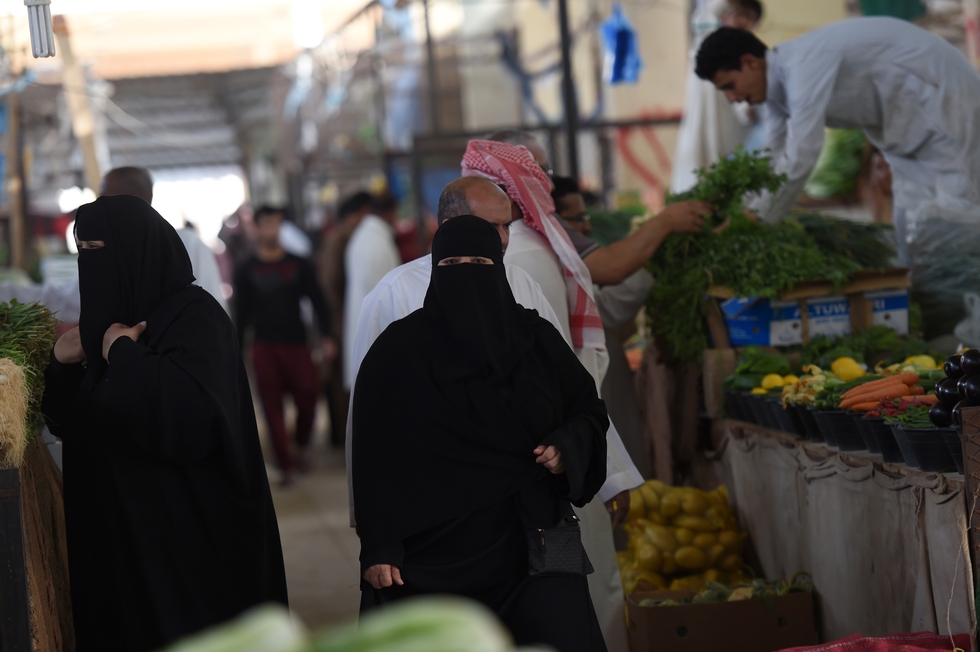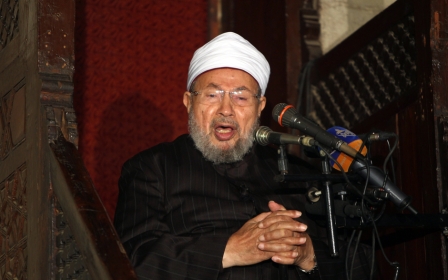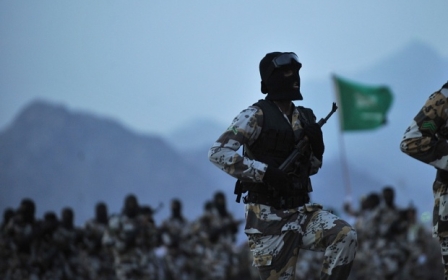Divorced Saudi women to have ID cards: Reports
Twenty-eight percent of Saudi marriages end in divorce and 65 percent of court cases in the kingdom involve family matters

Saudi women do some shopping at Otaiga public market in the capital Riyadh on 17 June 2015 (AFP)
Published date: 3 December 2015 17:44 GMT
|
Last update: 8 years 11 months ago
Female divorcees and widows in Saudi Arabia are to be assigned ID cards allowing them to act independently from men, local media reported on Thursday.
The changes will allow women to register a child for school, access records and authorise medical procedures once their marriages have ended, the reports said.
Without their own identity documents, divorced women in Saudi currently need permission from their husbands or a court order to perform those tasks, the Arab News said.
No date has been set for the change, it said.
Newspapers reported that 28 percent of Saudi marriages end in divorce and 65 percent of court cases in the kingdom involve family matters.
Male-dominated Saudi Arabia allows men to take up to four wives according to domestic law.
Women face a series of restrictions in the ultra-conservative kingdom, which is the only country in the world where females are not allowed to drive.
They have to cover themselves in black from head-to-toe in public, and require permission from a man in their families to travel, work or marry.
The sexes remain strictly segregated in public, with separate sections for single men and "families."
There has however been a slow expansion of some rights for women.
This week more than 900 women are engaged in their inaugural campaigns for public office. The 12 December municipal ballot is also the first time women can vote for officials.
The late king Abdullah in 2013 named women to the appointed Shura Council which advises the cabinet.
And two years ago, a Saudi woman registered for the first time as a trainee lawyer.
New MEE newsletter: Jerusalem Dispatch
Sign up to get the latest insights and analysis on Israel-Palestine, alongside Turkey Unpacked and other MEE newsletters
Middle East Eye delivers independent and unrivalled coverage and analysis of the Middle East, North Africa and beyond. To learn more about republishing this content and the associated fees, please fill out this form. More about MEE can be found here.




